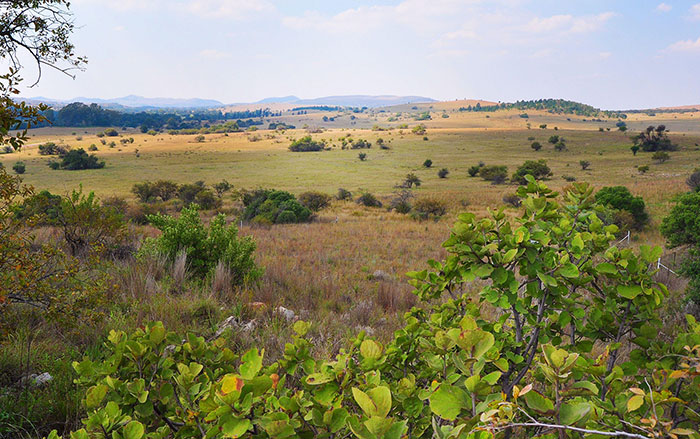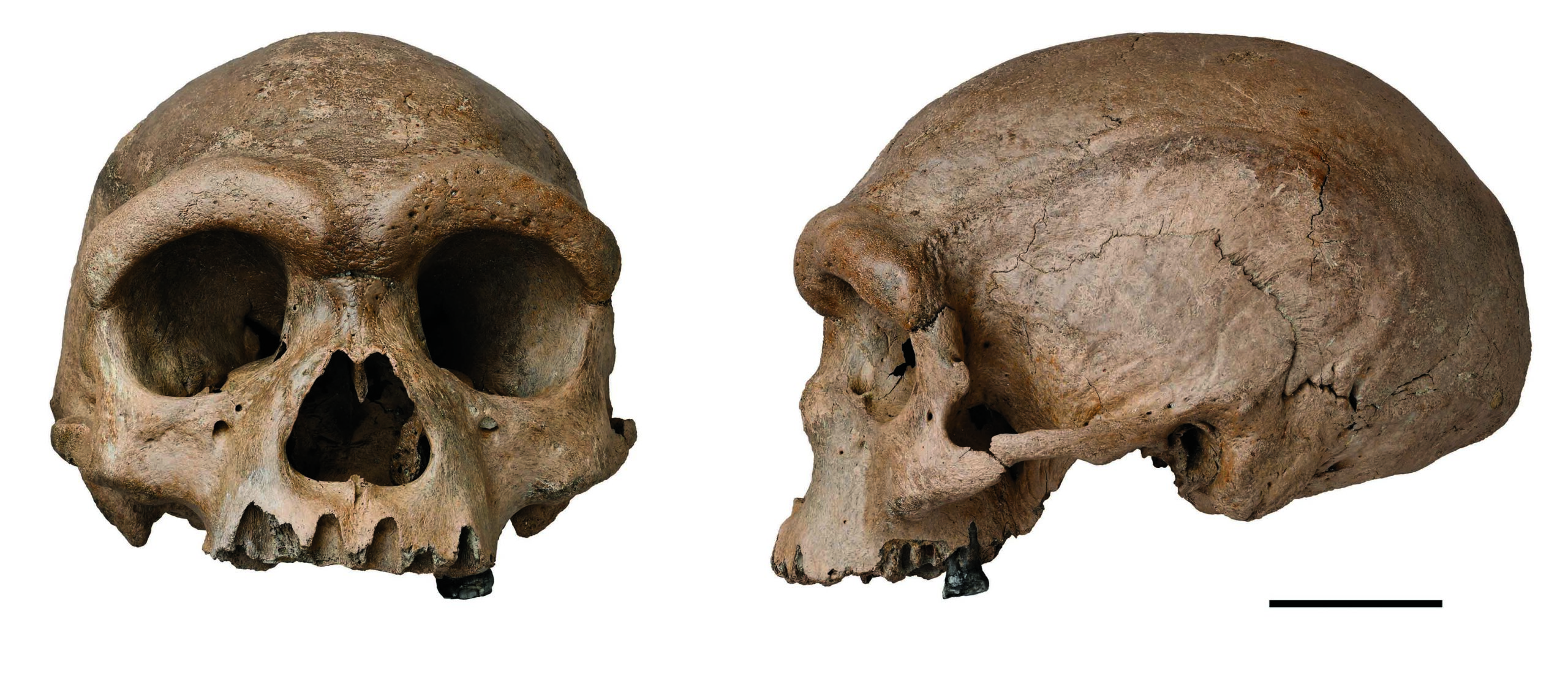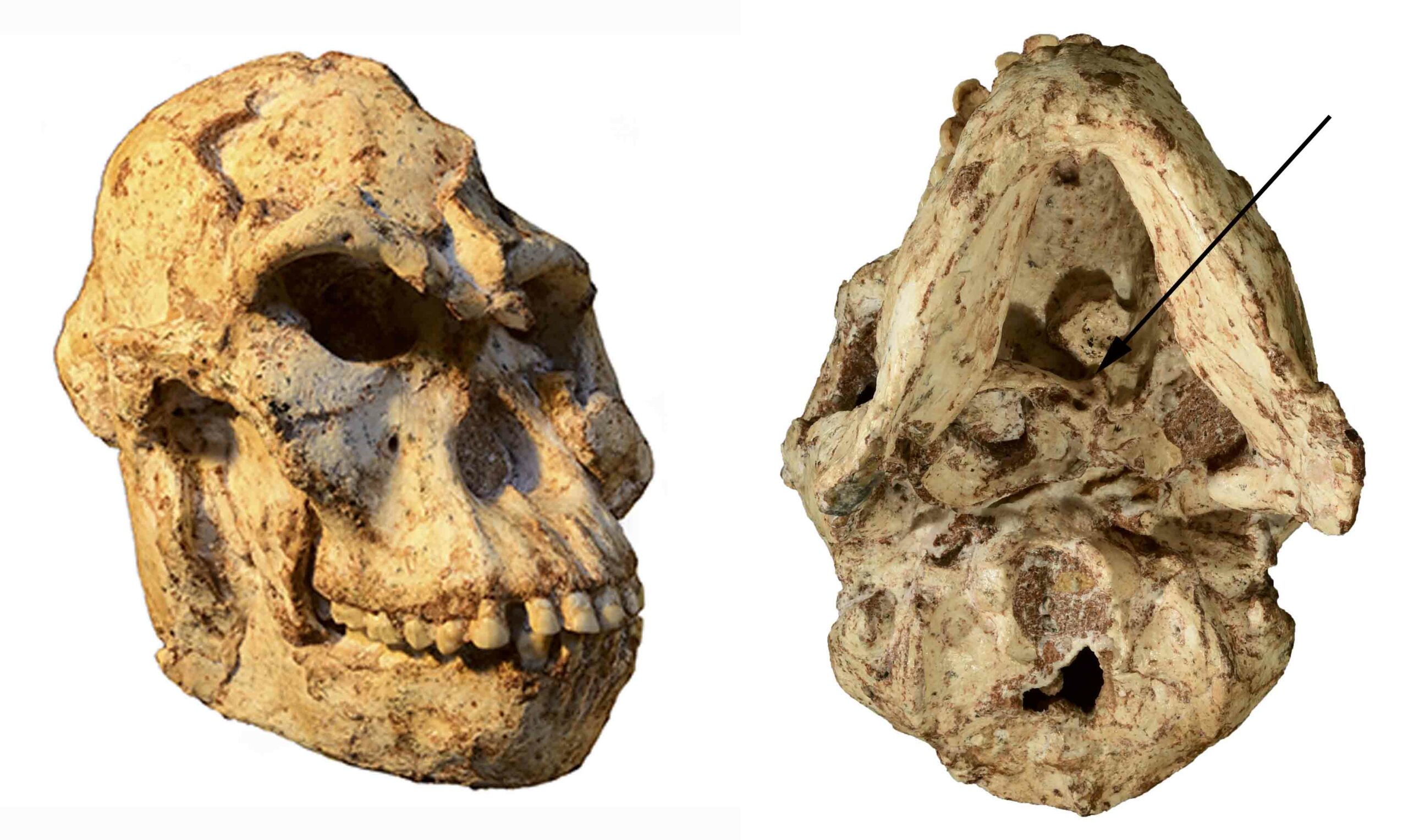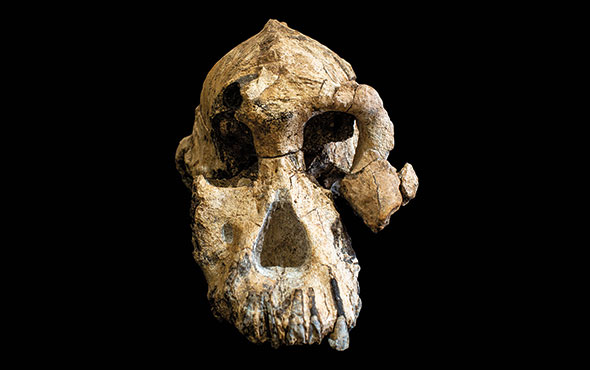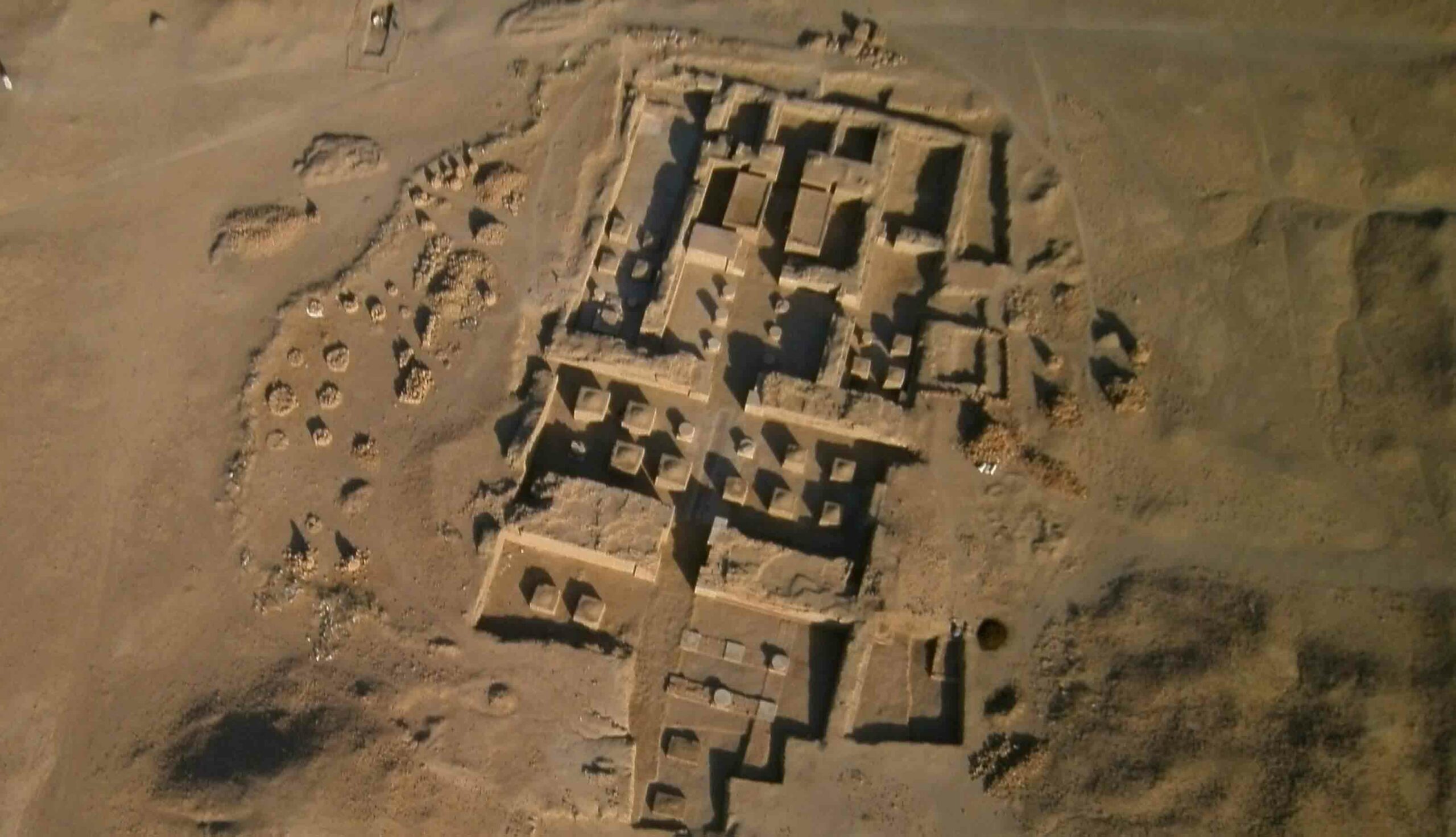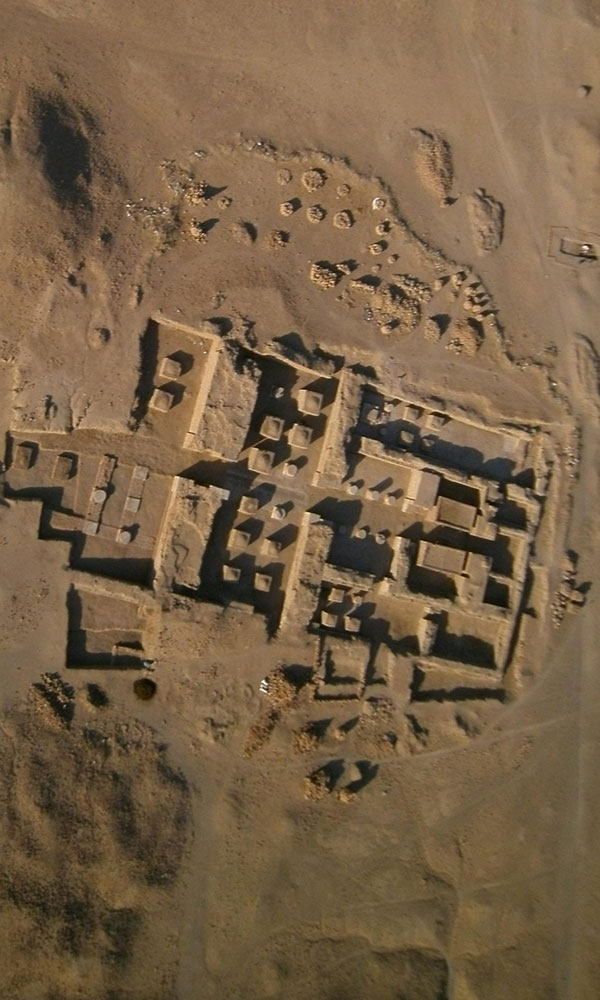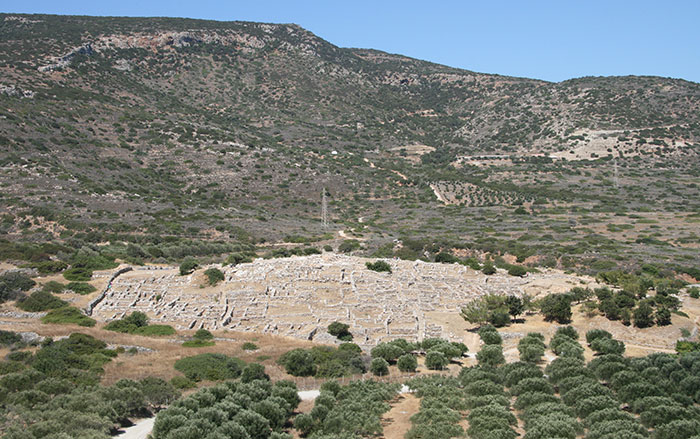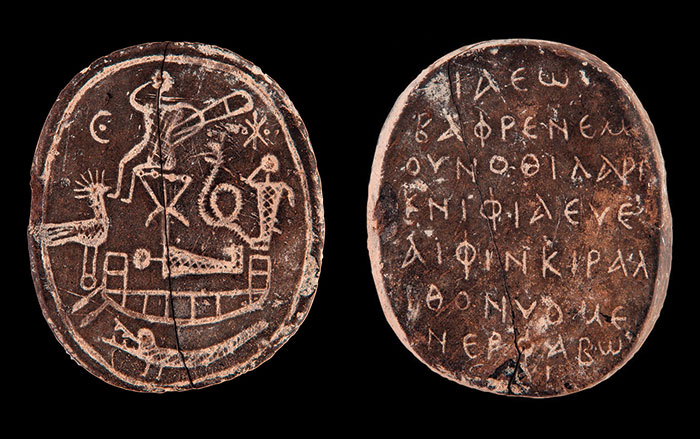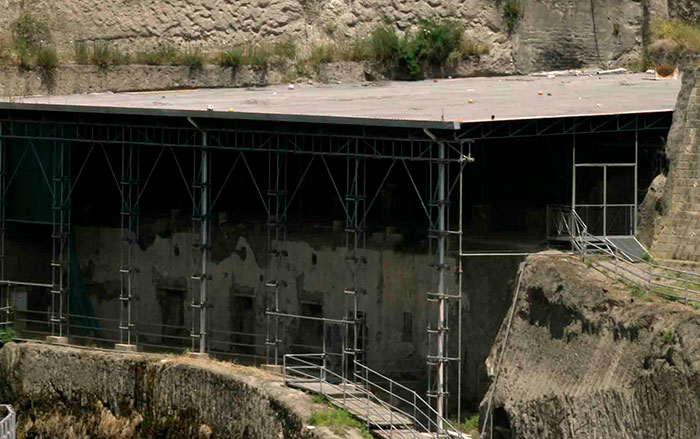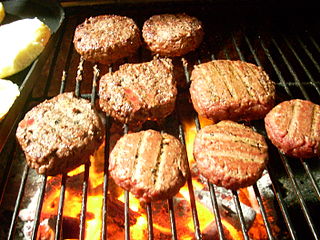
CAMBRIDGE, MASSACHUSETTS—Alex Smith of Harvard University led a study of the safety of meat eaten by early human ancestors. “Some would argue the archaeological record indicates that meat was scavenged before the earliest accepted dates of controlled fire-use, but our research suggests that cooking might be more ancient,” he told The Huffington Post. He and his team measured the growth of bacteria on raw boar meat and bone marrow over a 24-hour period, and then they measured how effectively roasting the meat eliminated the bacteria. As expected, they found that roasting the meat over hot coals killed most of the bacteria. Fewer bacteria grew on bone marrow, suggesting that it may have been a safer snack. “We hope this research brings the importance of cooking and its effects to discussions on early hominin carnivory,” he concluded.


